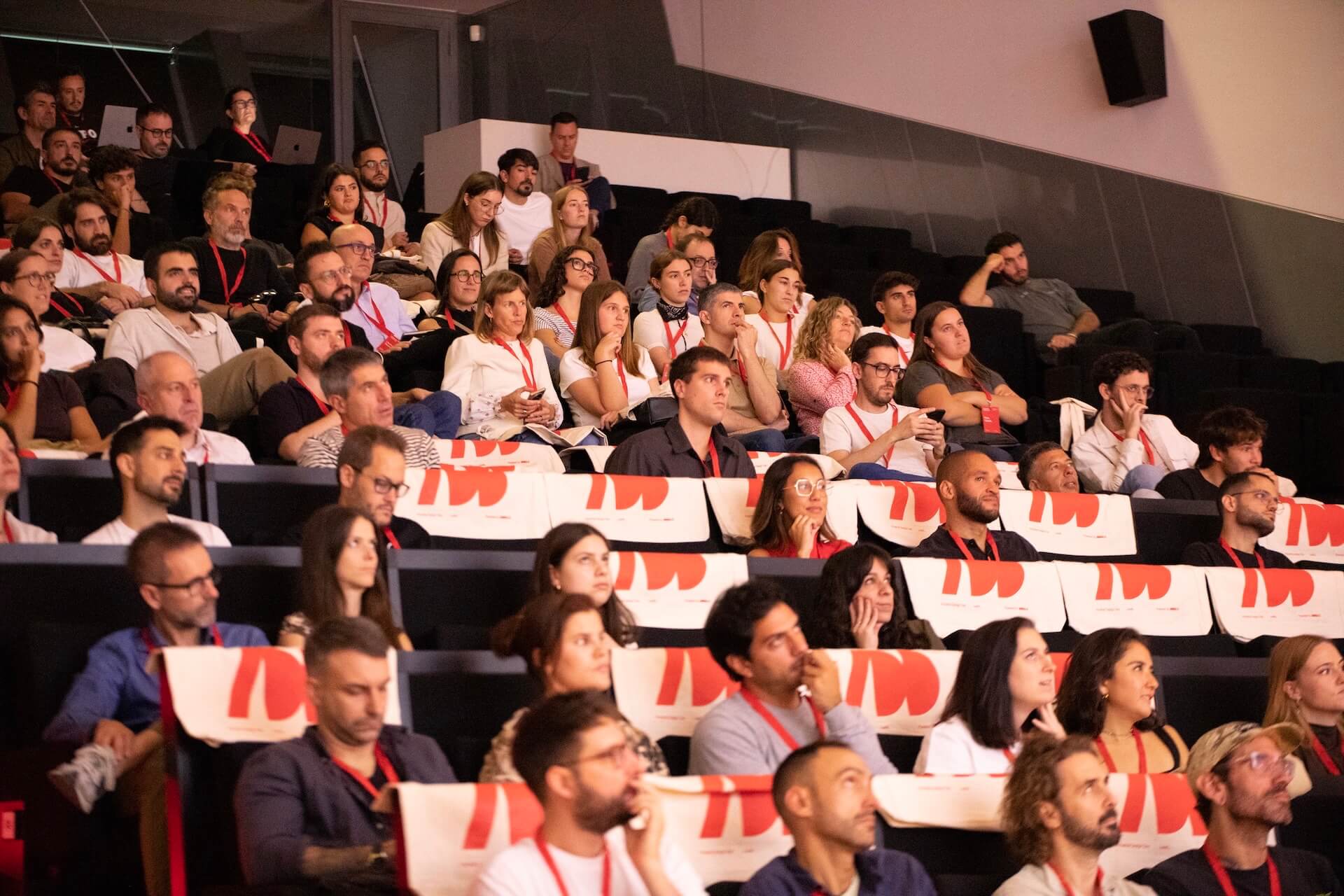1. The Human Factor: Sensitivity & Ethics in the AI Era
In today's world, combining human sensitivity with powerful AI tools is key, as Nick Jinkinson pointed out. The 'touch,' the empathy, and the human judgment are essential to actually leverage the infinite possibilities of technology. Tools evolve, but taste and intuition remain, securing the designer's relevance.

2. Total Coherence: Merging Brand & Product
Brand and product integration must be absolute—a crucial point highlighted by Lucid_ & Move Branding. This complete fusion is vital for creating coherence, a distinctive personality, and real value in an oversaturated market. Design becomes the unified voice of the brand, transcending the object itself. It's not just a thing; it's the brand.

3. Fueling Innovation: Co-Creation & Corporate Generosity
Fostering innovation in big companies demands sharing ideas openly and ASAP, a key philosophy from Henkel. Adopting a co-creation approach and decentralizing idea ownership is vital. Generosity in the sharing accelerates the innovation process and empowers teams. Stop hoarding.
.jpg)
4. The Innovation Dynamic: Curiosity vs. Capital
Innovation squads naturally emerge when you cultivate curiosity among collaborators. The panel on Strategic Innovation—featuring Paula Comes (Strategy & Design Director at HP), Marc Saboya (Lead Industrial Designer at Laerdal Medical), Alba Rosado (Knowledge and Brand ecosystem at Simon), and Stef Silva (Founder and Creative Director at Invisible)—concluded that company size influences execution speed and risk aversion. The takeaway? More money doesn't always equal better innovation. It's about the spark, not the bank.
.jpg)
5. Design's Added Value & The Consistency Mandate
Functionality is the product's foundation, but design adds crucial and growing value—a central theme of the CMF Panel. Leo Capelas (Global Design Manager at Teka), Luis Cortegoso (Marketing & Innovation Manager at Lekué), Clara Portillo (Senior Designer and Partner at Yonoh), and Pau Sagarra (Lead Industrial Designer at Lucid) stressed that social trends influence CMF, with a current lean towards the minimal and clear. Brand consistency? It's non-negotiable.
.jpg)
6. The Democratization of Design: The Affordable Premium Formula
Francesc Julià from Kave Home shared how his brand offers a unique design proposition by betting on an affordable premium and kilometer zero model. Kave Home positions itself as a "durable fashion brand" that achieves the democratization of good design. This strategy redefines the premium territory by making it accessible to a wider audience. Good design for everyone, finally.
.jpg)



%20(1).jpg)


